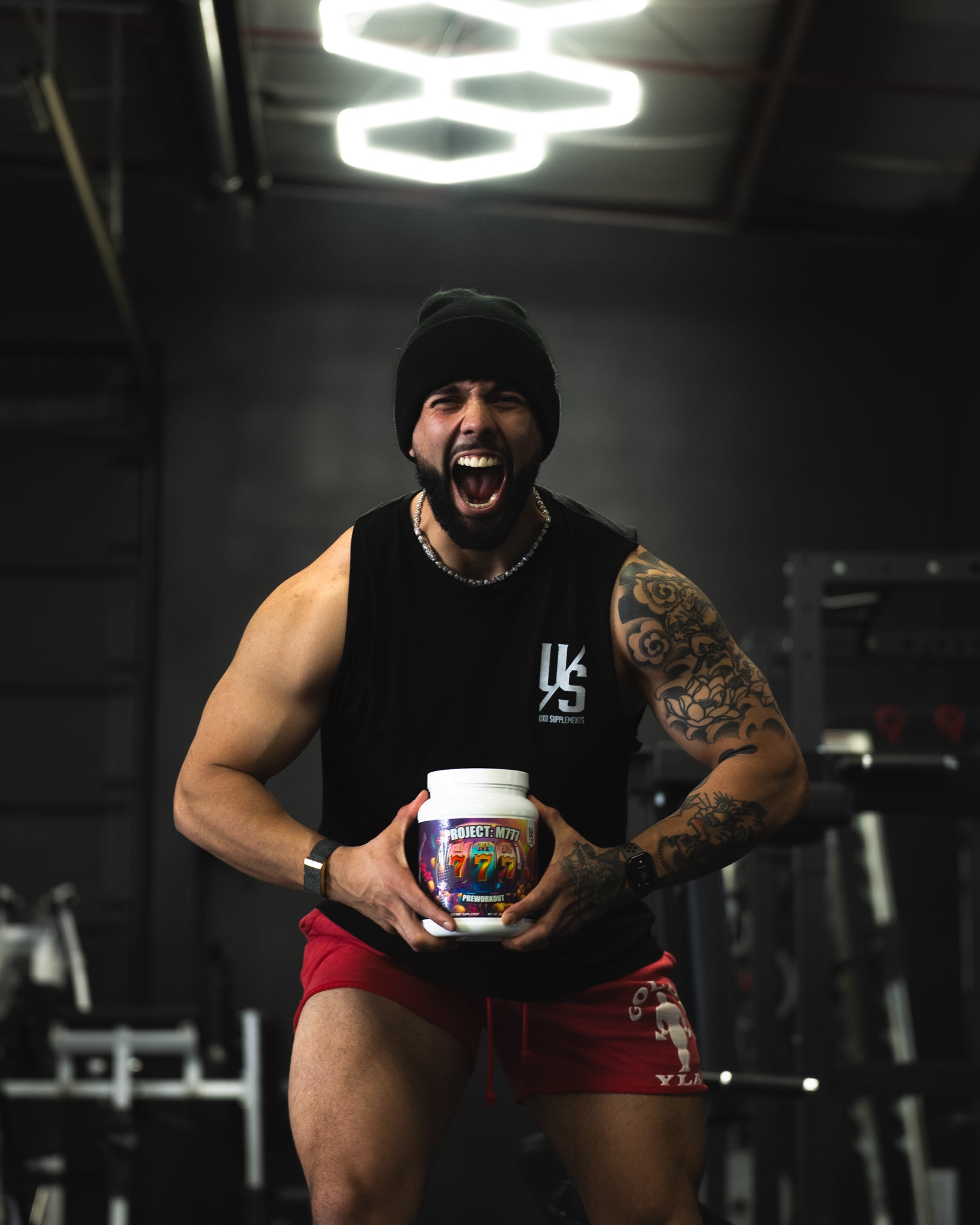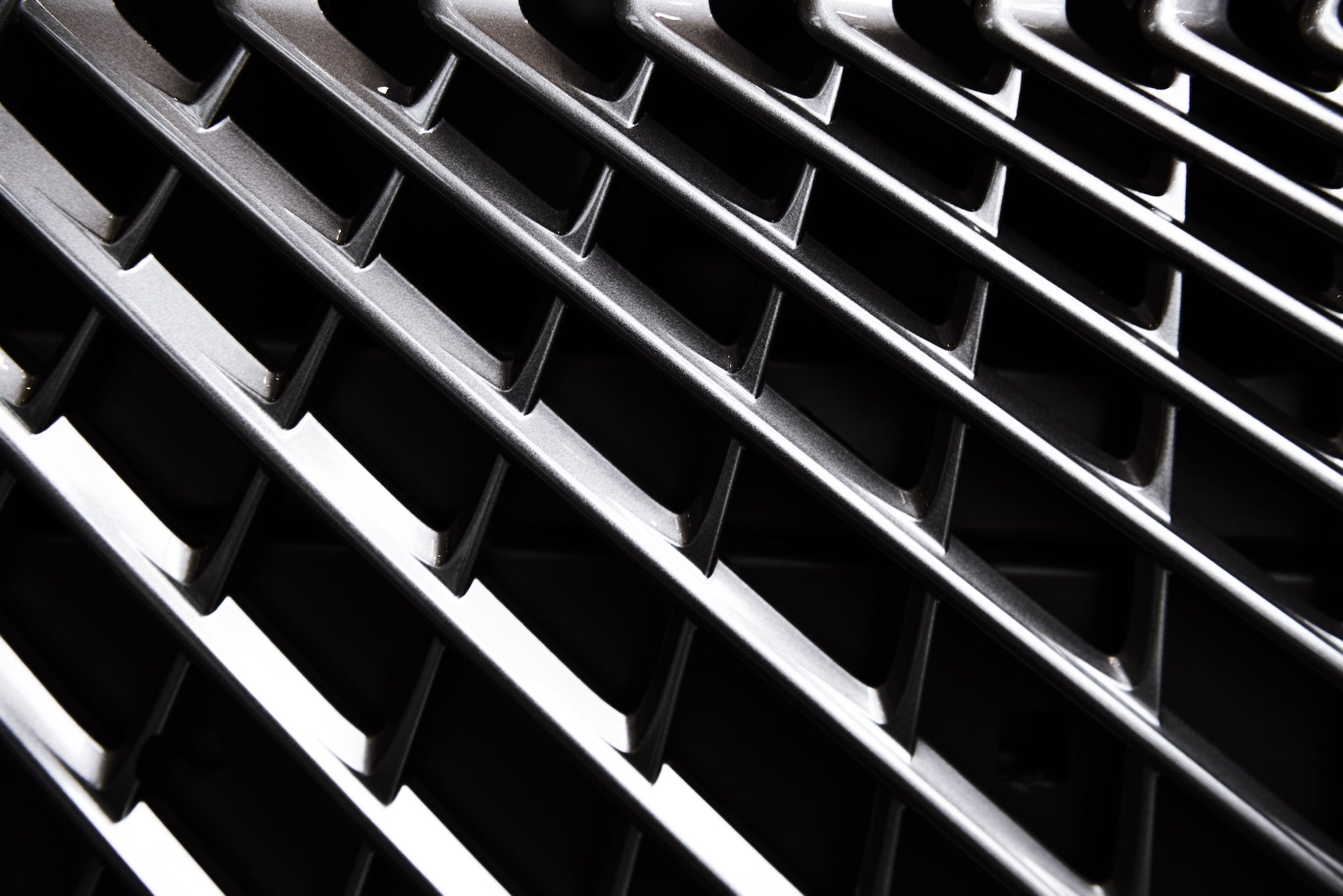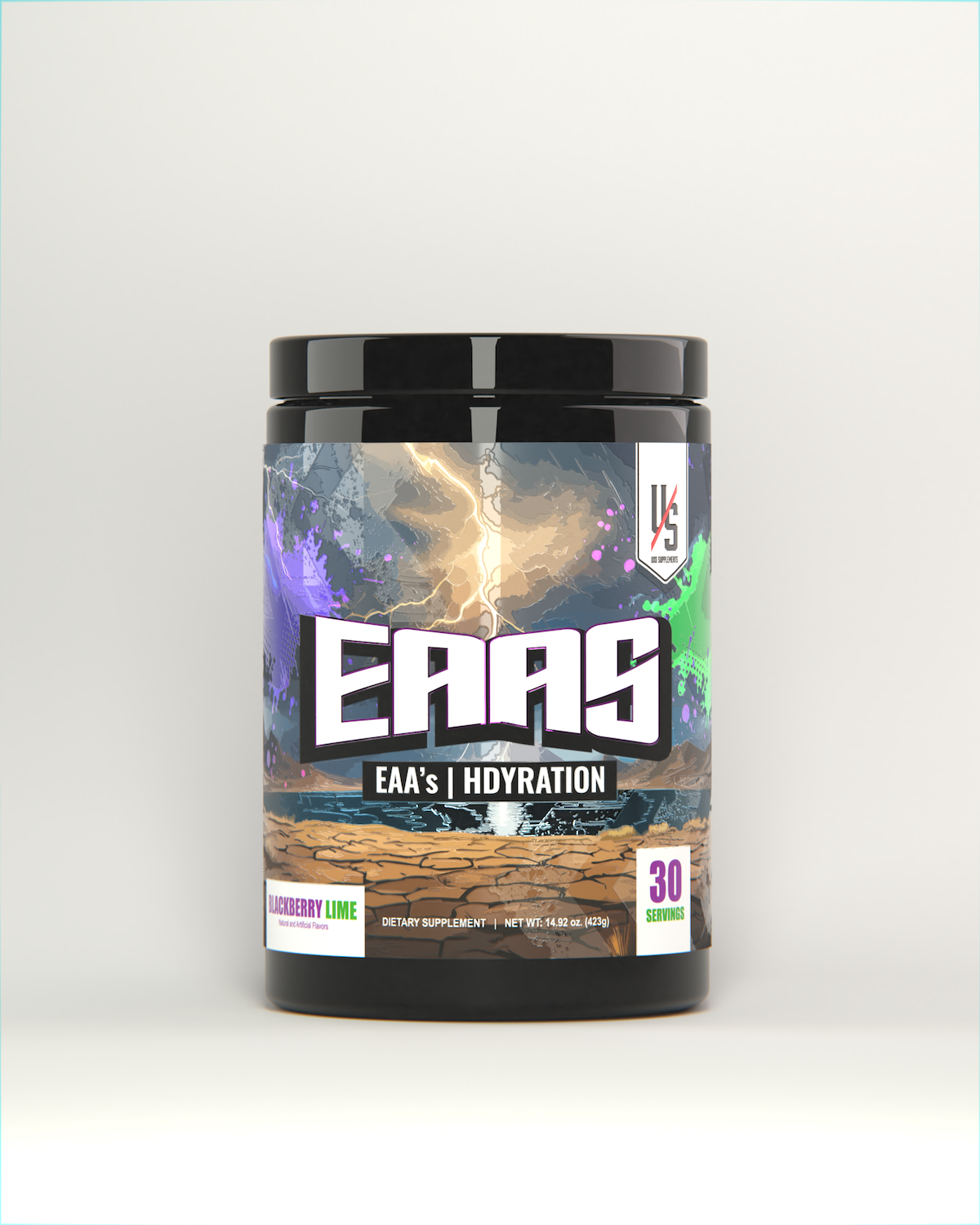When someone walks into a gym, a big, wide back is one of the first things that commands respect. It gives you that “armor-plated” look — the kind of physique that screams power, even under a hoodie.
But most lifters never get there. Why?
Because they’re chasing width without depth, or thickness without structure. They hit the same cable machine week after week, never progress, and wonder why their back looks flat.
This workout is different.
It’s brutal. It’s calculated. And it’s built to stack on serious size — fast.
👊 What Makes This “Brutal Back Day” Different?
We’re not isolating. We’re dominating.
This isn’t some fluff-pumped volume circuit. It’s a strategic assault on every section of your back — lats, traps, rhomboids, erectors, and rear delts.
We’re using power movements to lay the foundation…
Then hypertrophy work to widen, thicken, and define.
It’s brutal. It’s calculated. And it’s built to stack on serious size — fast.
🔥 The Brutal Back Day Workout Plan
Style: Strength + Size
Rest Time: 60–90 seconds
Focus: Width, density, and mid-back development

1. Barbell Bent-Over Rows – 4 Sets of 8–10 Reps
Muscles Hit: Lats, rhomboids, rear delts, traps, spinal erectors
This is your meat-and-potatoes thickness movement. Barbell rows allow you to move heavy weight horizontally, directly building that mid-back density that gives your physique depth.
Why it builds size:
- Targets the inner lats and rhomboids for a “3D” back
- Enhances thickness from traps to lumbar
- Promotes scapular retraction, improving posture and muscular control
Training Tip:Keep your torso just above parallel and control the eccentric (lowering phase) for 3 seconds each rep.
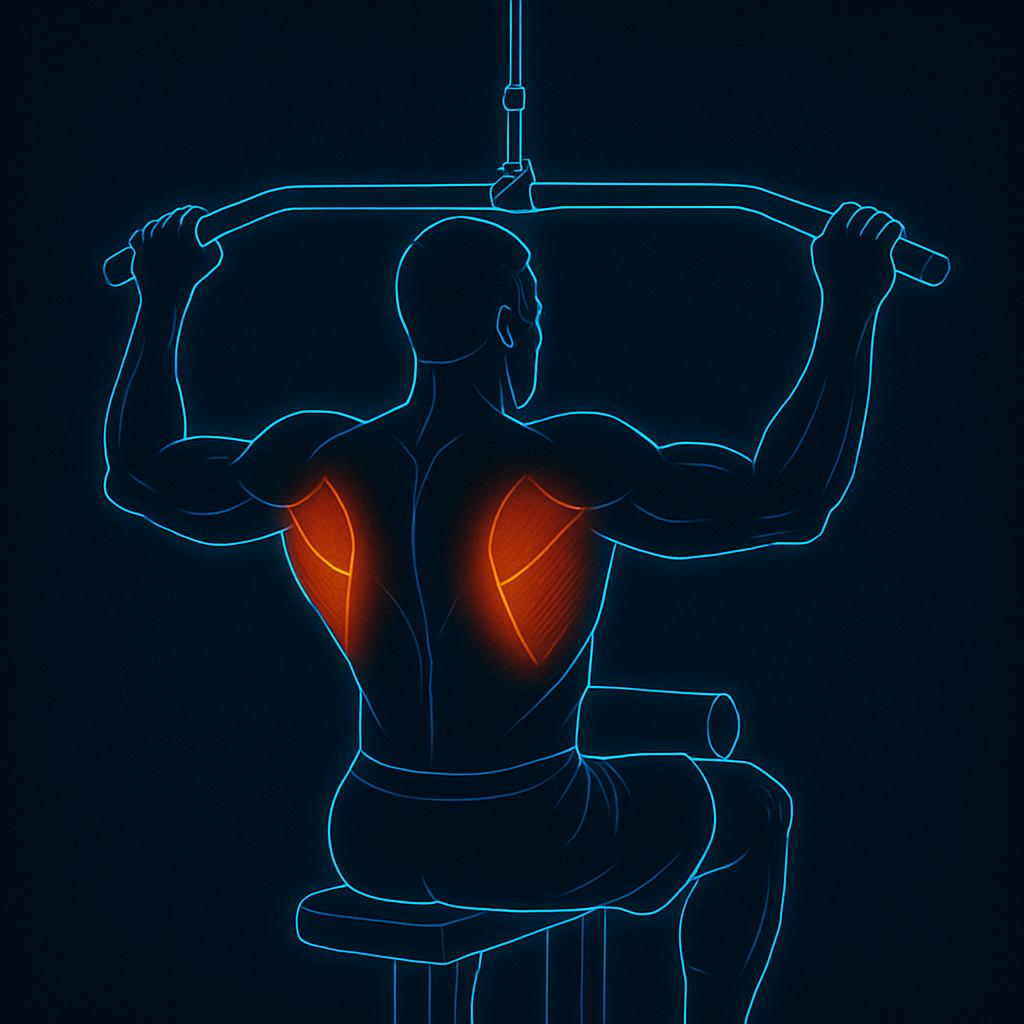
2. Lat Pulldowns – 4 Sets of 10–12 Reps
Muscles Hit: Lats, teres major, biceps, rear delts
Lat pulldowns are a go-to for lifters of all levels — especially if pull-ups aren’t in your wheelhouse yet. They allow for controlled, high-rep lat engagement, making them ideal for building out width and symmetry.
Why it builds size
- Directly targets the outer lats for that sought-after V-taper
- Keeps tension on the muscles throughout the full range of motion
- Easy to progressively overload and isolate without taxing grip or core
Training Tip:Lean back slightly and focus on driving your elbows down and out. Squeeze your lats hard at the bottom and pause for 1–2 seconds.
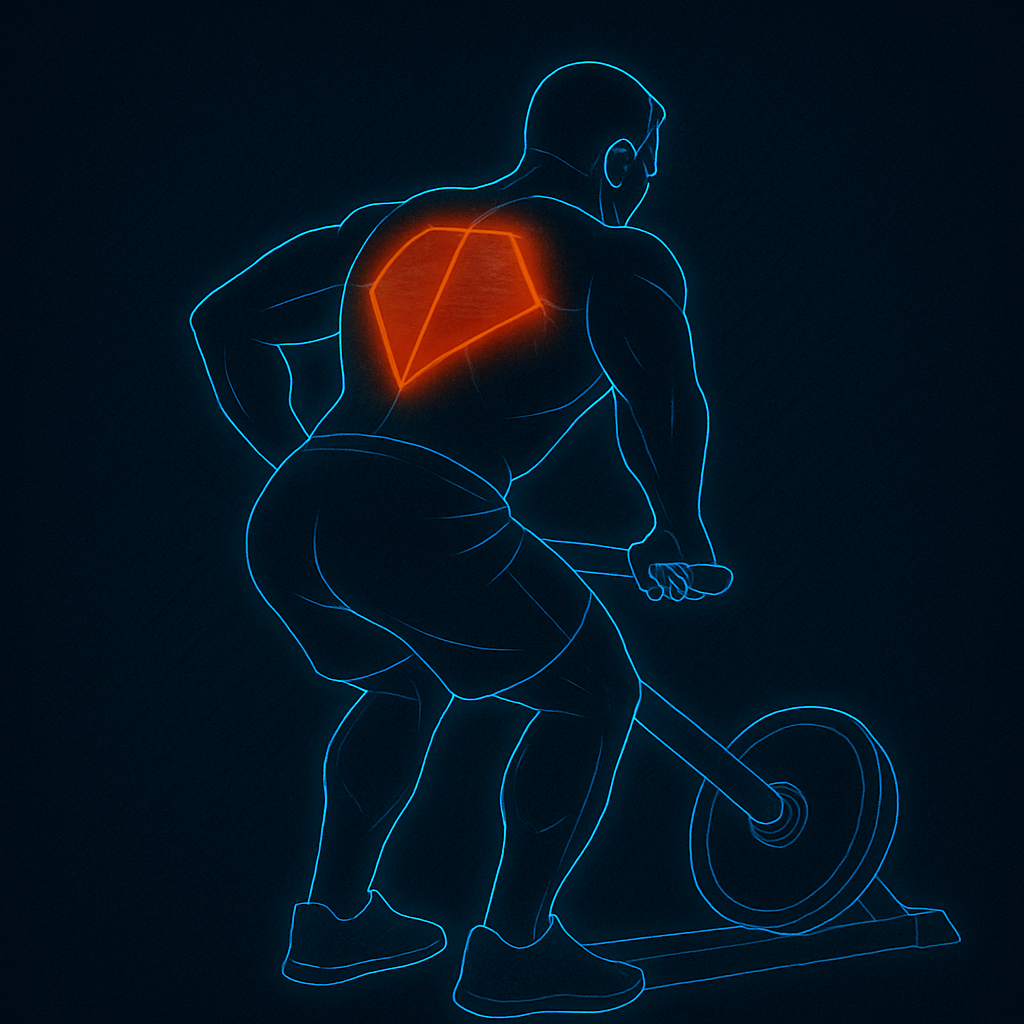
3. T-Bar Rows – 4 Sets of 10–12 Reps
Muscles Hit: Mid-back (rhomboids, traps), lats, posterior delts
This is a brutal mid-back builder. The fixed angle of the T-bar allows you to stay strict while hammering that middle shelf of your back.
Why it builds size:
- Emphasizes muscular contraction through the midline
- Adds “thickness” between the shoulder blades
- Enhances that dense, rugged back appearance from rear view
Training Tip:Keep your elbows tucked close to your body and drive them back — not out.
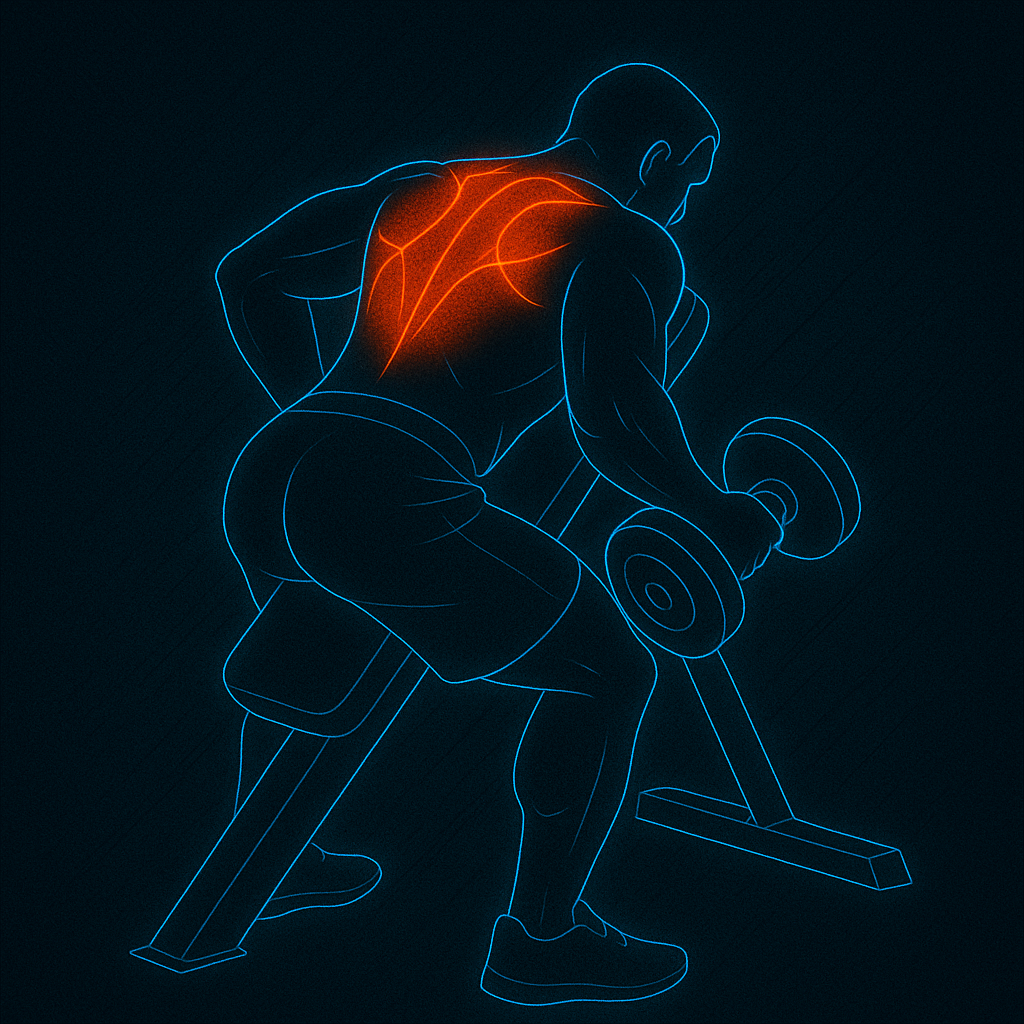
4. Chest-Supported Row – 3 Sets of 12–15 Reps
Muscles Hit: Rhomboids, lower traps, rear delts
This movement strips away momentum. With your chest anchored, you’re forced to isolate the back. It’s perfect for sculpting and refining the inner back muscles after heavy compounds.
Why it builds size:
Increases muscle fiber recruitment through stricter form
- Carves definition between scapula and traps
- Burns out fatigued fibers after earlier compound work
Training Tip:Squeeze the shoulder blades together at the top and pause for a full second.
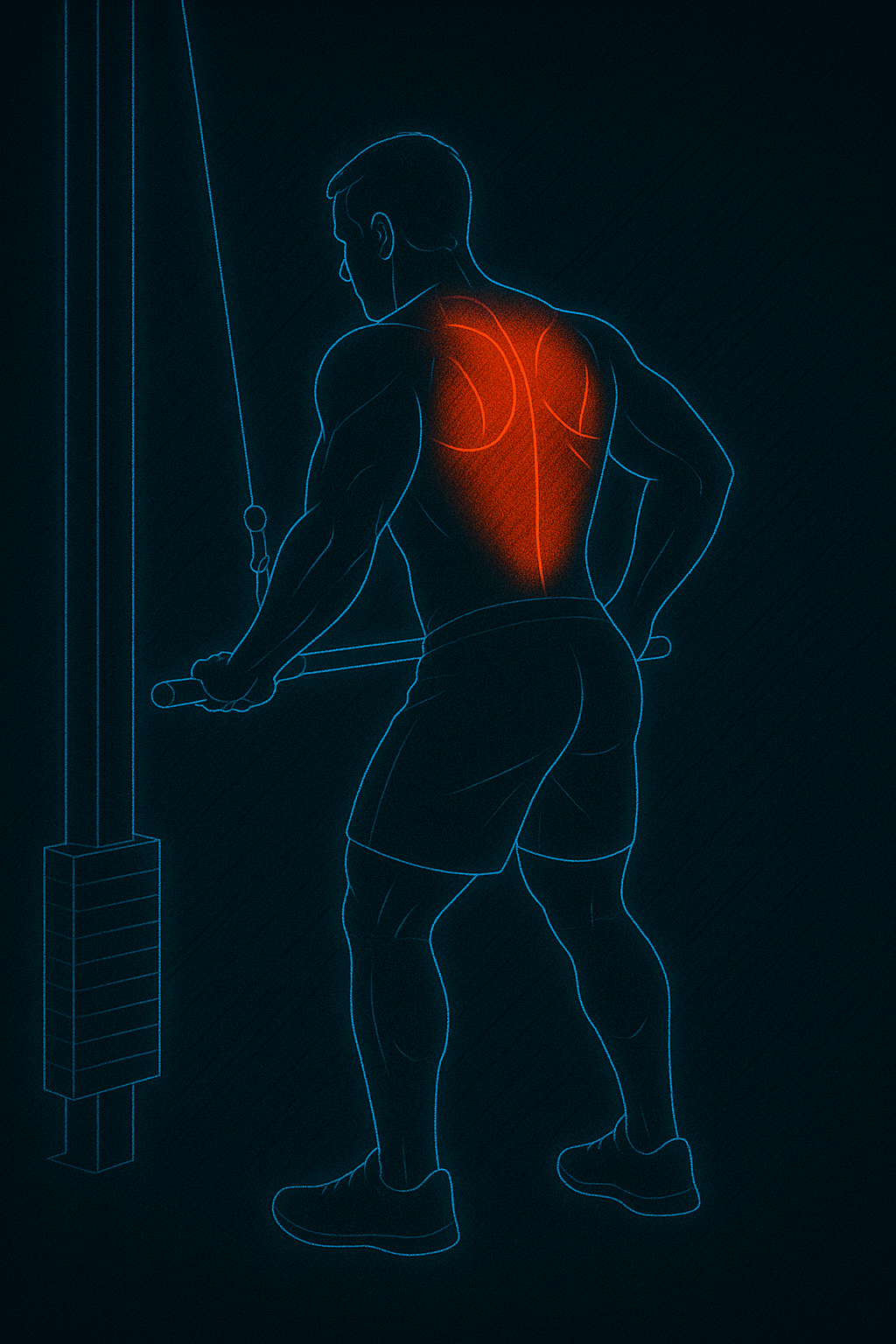
5. Straight Arm Lat Pushdowns – 3 Sets of 15–20 Reps
Muscles Hit: Lats (with emphasis on lower portion), teres major
The finisher. This isolation move stretches and lengthens the lats while reinforcing proper mind-muscle connection. Think of this as the “shaping” tool that builds out your V-taper.
Why it builds size:
- Helps flare the lower lats outward
- Reinforces lat control and full range
- Stretches fascia to support muscle growth
Training Tip: Keep your arms straight and hinge only at the shoulder — no bending the elbows.
⚡ Fueling Brutal Back Day
You’re pushing your nervous system to the brink. You need the right supplements to train at max intensity and recover fast.
🔹Pre-Workout: PROJECT M777
— Sky-high energy, razor-sharp focus, and skin-splitting pumps
🔹Intra: EAAs
— Clean hydration, electrolytes, and endurance support to crush every set
🔹Post-Workout: POST ISO PROTEIN
— Ultra-fast digesting whey isolate to build and repair muscle FAST
💡Want next-level recovery? Stack with flavoredCreatine+Fuel Pointcarbs post-workout for rapid glycogen reload and strength gains.
🏆 Final Word: Size Is Earned — Not Given
You want a back that casts a shadow and rips through T-shirts?
Then stop playing safe.
Train heavy. Train smart. And attack every set with intention.
This isn’t a back workout…
It’s a battle plan.
— Ultra-fast digesting whey isolate to build and repair muscle FAST
💡Want next-level recovery? Stack with flavored Creatine+Fuel Point carbs post-workout for rapid glycogen reload and strength gains.

The essentials
Share details of your store's product selection, or share a story that speaks to your customers.
Read more
Why does weight loss stop? You have made some impressive progress in weight loss and were like "Damn, I am good MFers!" In the first week, you might have lost over 5 pounds and maintained an averag...

If you are looking for improved strength and size, you need to incorporate variation in your training. One of the best ways to implement variation is to change up your exercises every once in a w...

